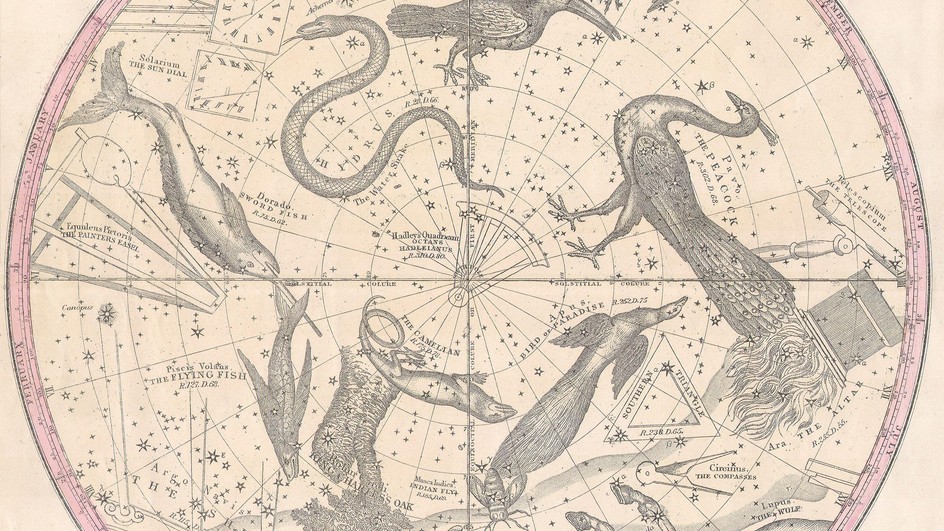
Visiting artist professor
2020 - 2021
Emanuele Coccia
I was born in Italy by the Adriatic Sea. I had a fairly disjointed school career, full of detours through different disciplines. I was thrust into an agricultural school in the middle of the countryside and fell in love with chemistry and botany. I mixed together semiotics, Jewish and Christian theology, art theory, advertising, ecology, and above all philosophy.
There is a thread connecting these seemingly very disparate forms of knowledge: the need to understand a world that, because of the technical and physical changes of the last forty years, completely escapes the categories and concepts we have inherited. I have always thought that to do research and study is to recognise that we are pioneers, like aliens on a planet that no eyes have really been able to contemplate, like Eve and Adam in the first days of their existence.
To study always means to burn your hands in front of a fire whose nature you do not understand, scraping your knees, burning yourself then wondering at the beauty of what you see. The philosophy behind this point of view is simply an affirmation that in every act of knowledge, the desire and passion for discovery prevail over discipline: there is no intrinsically philosophical object; every object of knowledge can become philosophical once the knowing subject is guided by unfettered passion. And precisely because the person who introduces us to knowledge of the world is not a master, a wise man, an expert, but a desire, then that knowledge can never take just one form or use just one medium. There is no difference between science and the arts: they are forms of knowledge that use different substrates – words, colours, bodies, light. But on each occasion it is a matter of manipulating the world in order to make existence more intense.
The project that I plan to do at Le Fresnoy is a video that serves to articulate a description of the world in relation to the “viewpoint” of a virus. On one side, research into the history of the sciences has shown the degree to which modern science has had to construct fictions in order to observe those portions of the world (the immensely great of astronomy or the infinitely small of microbiology) that cannot be immediately reduced to common experience. On the other, observed from the perspective of the virus, the world makes itself knowable by drawing forms and lines of force different from the ones that are familiar to us.
A virus is a frontier being. It is not clear whether it is a simple object that has attained a degree of chemical complexity that makes it capable of imitating the metabolic gestures of all living beings and therefore of making itself indiscernible to any other subject, or only a subject that has simplified its life to the point of becoming a simple thing. That is why, in its body, the frontier that seems so obvious elsewhere between the animate and the inanimate becomes insignificant. At the same time, we could also say, to simplify, that the virus is like the chemical, material and dynamic mechanism of development and reproduction of all living beings, but existing outside the cellular structure in a more anarchic, freer form: it is life, but as observed in the process of constantly redrawing its own form. I am going to make this video with Frédérique Aït Touati and Patrick Laffont de Lojo.
Emanuele Coccia

